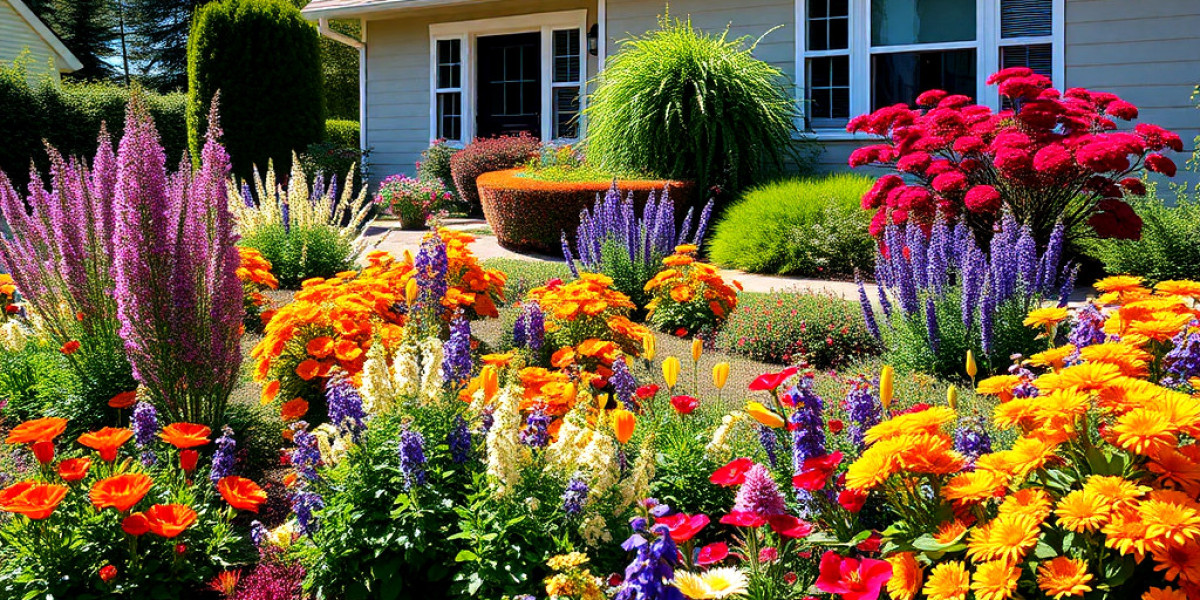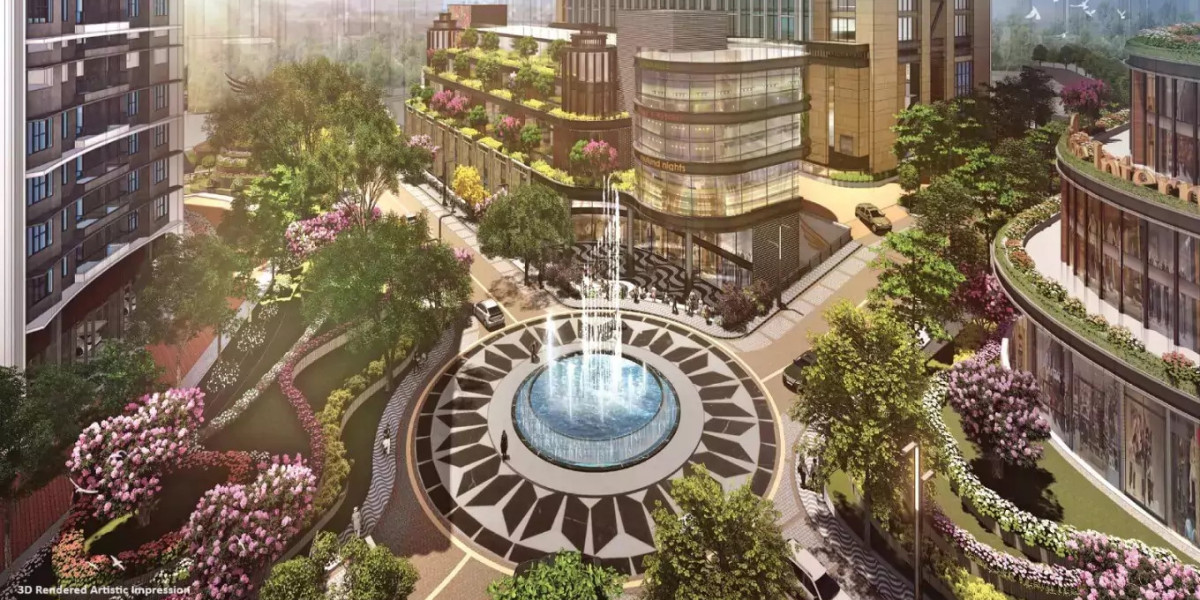Landscaping is more than just planting trees and flowers; it’s an art form that transforms outdoor spaces into stunning havens of beauty, functionality, and tranquility. A well-thought-out landscape design can significantly enhance the aesthetic appeal of a property, improve its value, and create a peaceful environment where homeowners can relax and connect with nature. Whether you have a sprawling yard, a compact garden, or even a small balcony, the power of landscaping lies in its ability to create something truly unique and personal. To know more information visit website.
Aesthetic Appeal: Nature’s Canvas In Your Yard
One of the most immediate benefits of landscaping is its visual impact. A beautifully landscaped yard can turn an ordinary home into a breathtaking retreat. Lush greenery, vibrant flowers, and thoughtfully placed elements like pathways, fountains, and lighting can create a cohesive and visually stunning outdoor space.
The choice of plants and materials allows homeowners to personalize their landscapes. From a colorful garden bursting with seasonal blooms to a minimalist Zen space with gravel and succulents, landscaping caters to diverse tastes. Incorporating native plants not only ensures your yard looks beautiful year-round but also supports local ecosystems.
Boosting Property Value
Landscaping is one of the most effective ways to increase a property’s market value. According to several real estate studies, well-maintained landscapes can boost property value by up to 15%. Buyers are naturally drawn to homes with attractive exteriors, and a beautifully designed yard often serves as a memorable first impression.
Curb appeal is a critical factor in real estate, and landscaping plays a vital role in it. Even something as simple as a manicured lawn or a tidy garden bed can elevate the perception of a property. For those considering selling their homes, investing in landscaping can offer a significant return on investment.
Functionality: Creating Usable Outdoor Spaces
A thoughtfully landscaped yard is more than just pretty; it’s functional. Landscaping can be designed to serve various purposes, from creating private sanctuaries to offering spaces for entertainment. Features like patios, decks, and outdoor kitchens extend the living area of a home, providing an inviting space for gatherings or quiet evenings under the stars.
Landscaping also contributes to environmental functionality. Strategically placed trees can provide shade, reducing cooling costs in summer, while windbreaks can help conserve heat during winter. Rain gardens and permeable surfaces can manage stormwater effectively, minimizing the risk of flooding and soil erosion.
Promoting Mental And Physical Well-Being
Nature has a profound impact on mental health, and landscaping brings nature right to your doorstep. Spending time in a well-maintained garden or yard can reduce stress, improve mood, and foster a sense of calm. The act of gardening itself is therapeutic, combining physical activity with the satisfaction of nurturing life.
For families, landscaping creates an outdoor space where children can play and adults can unwind. Whether it’s a cozy corner with a hammock or an open lawn for games, the possibilities are endless. A connection to nature also fosters mindfulness, helping individuals escape the hustle of daily life and recharge in their private oasis.
Sustainability: Landscaping For The Environment
Sustainable landscaping is a growing trend that emphasizes eco-friendly practices. By choosing native plants, homeowners can reduce water usage and minimize the need for chemical fertilizers and pesticides. Native species are better adapted to local climates, requiring less maintenance and supporting local wildlife.
Incorporating elements like composting bins, rainwater harvesting systems, and solar-powered lighting further enhances the environmental benefits of landscaping. Green roofs and vertical gardens are innovative solutions for urban areas, maximizing green space while improving air quality.
Seasonal Enjoyment: Year-Round Beauty
Landscaping is a dynamic process that evolves with the seasons. In spring, vibrant flowers bloom and trees sprout fresh leaves, signaling renewal. Summer brings lush greenery and outdoor activities, while autumn offers a palette of warm, earthy tones. Even in winter, landscapes can retain their charm with evergreen plants, textured bark, and hardscaping features like stone pathways and sculptures.
By designing a landscape that adapts to the changing seasons, homeowners can enjoy their outdoor spaces year-round. Adding seasonal plants, decorative lights, or festive accents ensures the yard remains a focal point regardless of the time of year.








